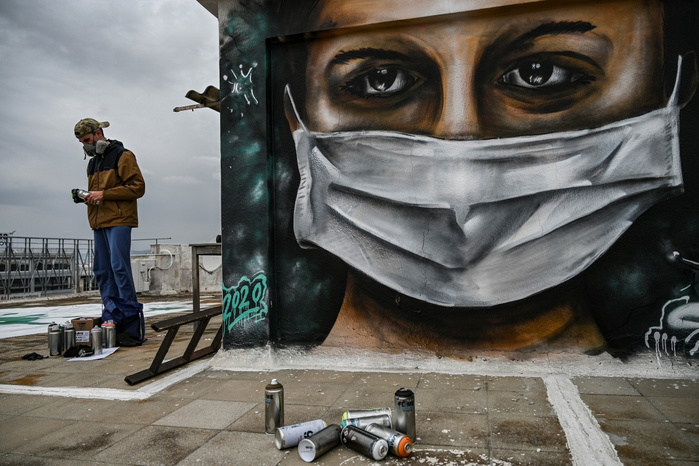Partnering up
The answer to that particular question was actually mixed. Giuseppe Marletta, Managing Director Europe of theAssociation of Corporate Council (ACC), responded saying that at the beginning of the outbreak many associations were too busy managing their internal flow to think about alliances and cooperating with other organizations. For some of them, alliances are actually a constant feature. When developing advocacy reactions in relation to the Covid-19 pandemic for example, associations can turn to these alignments for support and guidance.
The International Studies Association (ISA), for example, spent a lot of time discussing cancellation options with other academic associations prior to cancelling the annual convention in Hawaii in March. After consulting with other sources, they decided to offer three options in terms of cancelling: a full refund, transfer registration to the 2021 or 2022 annual convention, or donate to help ISA cover lost revenue from the convention—an option 10 percent of participants have chosen so far.
According to Jennifer Fontanella, Director of Operations and Finance at the International Studies Association (ISA), allowing attendees a choice reduced the financial burden they would otherwise be amassing, since cancellation insurance covers $500,000 in lost “gate” receipts. In addition to discussions on handling event cancellations, ISA has also started exploring virtual options for future conferences to share ideas, but “the idea of partnering has not really been discussed in the larger sense,” Fontanella adds.
Art of collaboration
Staffing is another concern many associations are facing at the moment, as organizations look to support and ensure mental and emotional wellbeing for co-workers and members who are working remotely. Matthew R. D’Uva, CEO of the American Association for the Study of Liver Diseases (AASLD), it is critical to provide flexibility to staff “we need to think about how to cross- train and work more collaboratively in this new environment.”
This article was written by Lane Nieset and Remi Deve. The right to use it, in parts or in full, has to be granted by the Publisher.
D’Uva is also in a unique position—he assumed the title of CEO only three months ago. Not only did he have to adapt to a new leadership role, he had to do so while going virtual and in the time of a pandemic. This is where collaboration becomes crucial for associations to share knowledge and overcome challenges—and this goes both for industry vets and those just getting started. Mohamed Mezghani, Secretary General of UITP, sums up the current mood: “This crisis makes associations more relevant than ever because cooperation and partnerships are at the heart of everyone’s concern. We’ll have to manage a paradox: serving this expectation of cooperation in a context with less travel and less physical meetings. We’ll have to reinvent our associations not only by developing opportunities to meet remotely, but by redefining our purpose or our membership fee structure. We can’t keep on developing our associations the way we used to.”
If travel is limited and borders remain closed, will international collaboration be less likely of an option for associations and perhaps even replaced by regional events? D’Uva says that global partners are still key for AASLD. Mezghani agrees. “If it happens, it would mean the end of global events and the emergence of a kind of nationalism in the association/event business,” Mezghani says. “Is this what we want? I don’t think so. The principle of ‘we are stronger together’ shouldn’t be limited to the fight against the virus—it should remain for future collaboration.”Echoing his comment, Silke Schlinnertz, Head of Growth at Euroheat & Power, concludes: “The situation, however challenging it is, especially financially, is also an opportunity. An opportunity to review our way of interacting and doing business, an opportunity to gain perspectives, an opportunity to be closer to our members, an opportunity to rethink the way we do events. Obviously, the latter can’t all be virtual: the power of face-to-face – and the occasional, spontaneous epiphanies it brings with it – is something you can’t replicate to its full extent online.”
 Sixteen-year-old youth artist S.F. paints a mural about the COVID-19 crisis on the roof of his building in Athens on March 23, 2020. (Photo by Aris Messinis / AFP)
Sixteen-year-old youth artist S.F. paints a mural about the COVID-19 crisis on the roof of his building in Athens on March 23, 2020. (Photo by Aris Messinis / AFP)